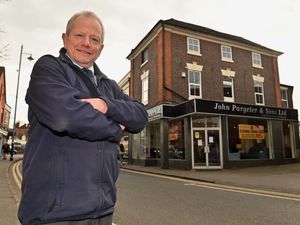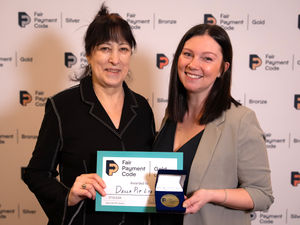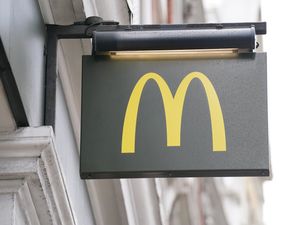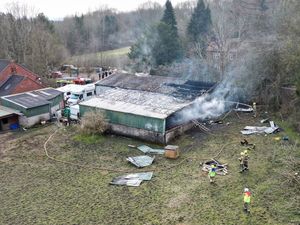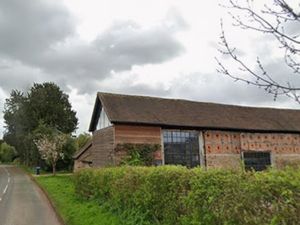Black Country firm helps build Large Hadron Collider
A firm in the Black Country has helped supply parts for research delving into the history of the universe and the theory behind the Big Bang.
A firm in the Black Country has helped supply parts for research delving into the history of the universe and the theory behind the Big Bang.
Manufacturers TM Engineers secured a prestigious £750,000 deal to build part of the famous Large Hadron Collider based in Switzerland.
Scientists operating the 38,000-ton machine won international acclaim when they announced the discovery of a new particle thought to be the Higgs boson known as the elusive "God Particle".
The particle would help unlock the mysteries of how the universe works.
Workers at the Kingswinford firm developed mechanised parts which help capture atoms as they are sent careering around the 16-mile underground structure.
The parts, called E-Cal End Plates, were 13ft wide, made from aluminium and sent in two sets to Geneva.
They took six months to develop due to the complicated nature of the manufacturing process. A carbon fibre "shroud" and lead blocks were attached to holes on the plates to catch the atoms.
The firm which employs 55 staff was founded more than 60 years ago. It is also one of only 10 firms worldwide to be awarded special gold plaques from Geneva for its work on the Hadron Collider. Researchers believe the universe was formed following a Big Bang and since then has been cooling down and become less energetic.
The collider produces tiny patches of high energy by colliding together atomic particles travelling at very high speed.
Bosses from the firm were also invited to the special announcement regarding the Higgs boson discovery in London last month.
TM Engineers sales manager Richard Holland said: "We are enormously proud of the fact that we have created one of the most critical engineering components in history that is going to help find the answer to how we were all made."
TM Engineers became involved with the Hadron Collider through Rutherford Appleton Laboratories based in Oxfordshire.

